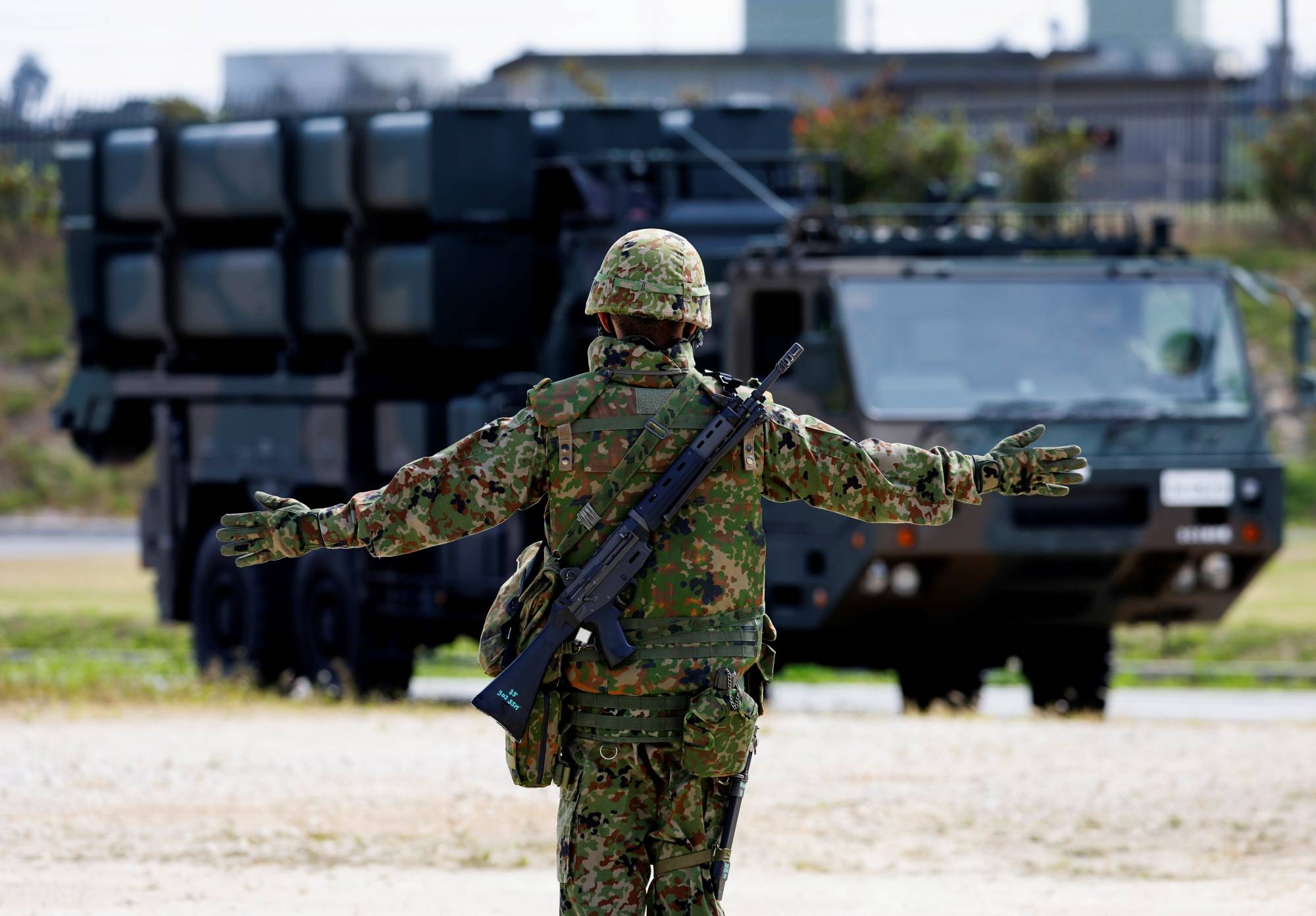Prime Minister Fumio Kishida has instructed his defense and finance ministers to hike the country’s defense spending by more than 50% over five years to around ¥43 trillion ($315 billion) — signaling yet another dramatic shift for the pacifist country.
Kishida’s instructions were the latest in a drip of information about how Japan intends to push forward with an ambitious plan to bolster its defenses and work even more closely with the United States and others. The move comes as Tokyo attempts to meet the challenge presented by China amid fears of a Taiwan emergency and the growing missile threat from nuclear-armed North Korea.
Defense Minister Yasukazu Hamada said late Monday that the prime minister had conveyed the instructions to him and Finance Minister Shunichi Suzuki after talks about the defense budget, with the amount to be set under the country’s midterm buildup plan, which is currently being revised.


















With your current subscription plan you can comment on stories. However, before writing your first comment, please create a display name in the Profile section of your subscriber account page.